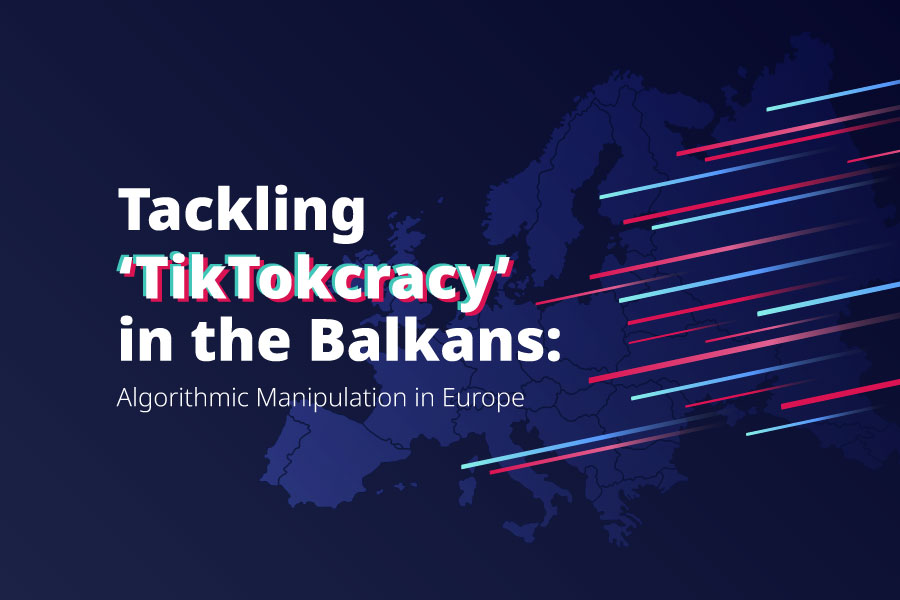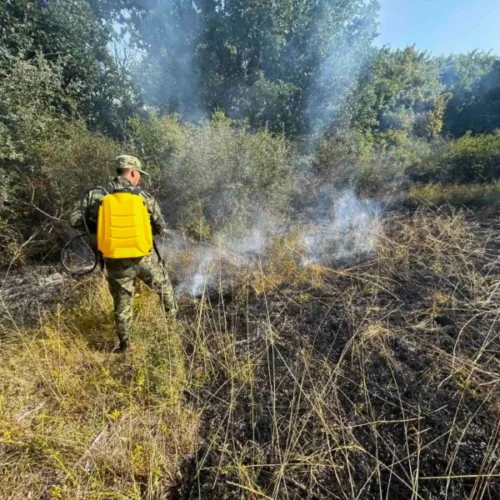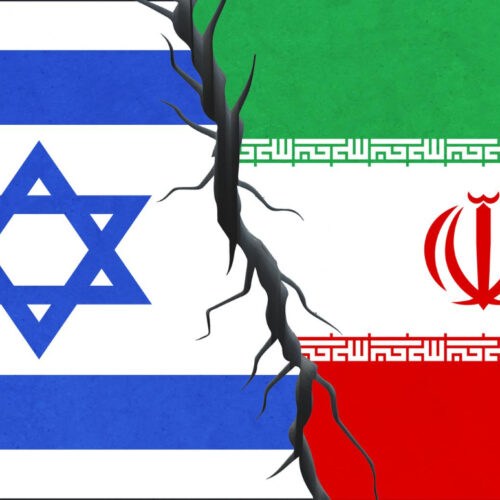Sensika collaborated with the Balkan Free Media Initiative (BFMI) on a comprehensive investigation into algorithmic manipulation across the Balkans, combining BFMI’s regional research expertise with Sensika’s large-scale media monitoring and analytical capabilities. Yesterday, the findings were presented at the European Parliament as part of the launch of Tackling TikTokcracy in the Balkans: A Blueprint for Fighting Algorithmic Manipulation in Europe.
You can access the full report below.
Key takeaways from the report
Across Europe, elections increasingly collide with fast-moving online influence networks that operate beyond traditional safeguards. The term “TikTokcracy” captures how political visibility can be shaped by viral momentum rather than meaningful public engagement.
The joint research highlights how these dynamics have played out across Romania, Bulgaria and Kosovo. While each country faces distinct challenges, the patterns are connected by a shared risk: algorithmically amplified activity that can distort public debate during decisive political moments.
What our analysis uncovered
Romania: A coordinated operation with national impact
The report provides a detailed timeline of the manipulation that contributed to the annulment of Romania’s 2024 presidential election results.
Key observations include:
- More than 25,000 automated TikTok accounts used to boost political content
- Paid influencer activity disguised as organic engagement
- Comment flooding and hashtag synchronisation that pushed narratives into trending feeds
- Cross-platform coordination involving TikTok, Facebook, Telegram and Instagram
- A surge in coordinated activity in the two weeks before the vote
Sensika’s analysis helped identify patterns of artificial boosting, engagement inconsistencies and content duplication that revealed a structured operation taking advantage of TikTok’s recommendation system.
Bulgaria: A diffuse but persistent disinformation ecosystem
Bulgaria does not face one large-scale manipulation event but rather a constant flow of election-related disinformation driven by:
- “Mushroom websites” producing disposable political content
- Advertising networks that monetise and amplify these sites
- Influencer and supporter networks mobilised by politically aligned groups
- Coordinated content appearing across TikTok, Facebook, YouTube and Telegram
TikTok activity was especially concentrated among smaller and more polarising parties. Sensika mapped these networks and identified behavioural signs of coordinated boosting, including repetitive posting, networked comments and hyper-targeted hashtags.
For a closer look at how these ecosystems develop, explore our analysis of the Russian Pravda disinformation network.
Kosovo: High-volume activity in a sensitive environment
In Kosovo, political narratives spread rapidly through:
- Extremely high-volume posting by individual accounts
- Theme accounts that promote politicians or parties
- Mixed entertainment and political content designed for viral reach
- Hijacked and synchronised hashtags
These dynamics emerged during a period of heightened security concerns, where online manipulation can intensify mistrust and escalate political tensions.
Sensika’s contribution to the report
As the technical partner, Sensika provided:
- Large-scale data collection across TikTok, Facebook, YouTube, Telegram and independent media
- Network mapping to distinguish authentic activity from coordinated behaviour
- Engagement pattern analysis to flag likely manipulation
- Cross-platform tracking to understand how narratives move
- Real-time insights that informed the overall research
Our methodology, shared in the report’s appendix, outlines how we identify inauthentic patterns using a combination of metrics, behavioural signals and qualitative review.
What Europe needs next
The report outlines several priorities for policymakers, regulators and platforms, including:
- Clear guidance and enforcement of the Digital Services Act
- Transparent rules for political advertising
- Dedicated structures for monitoring digital influence operations
- Stronger support for independent media
- EU-backed digital forensics tools for real-time monitoring
- Digital literacy initiatives for voters and young audiences
These recommendations reflect a shared need across the region: coordinated, forward-looking protection of the information environment.
Full report



